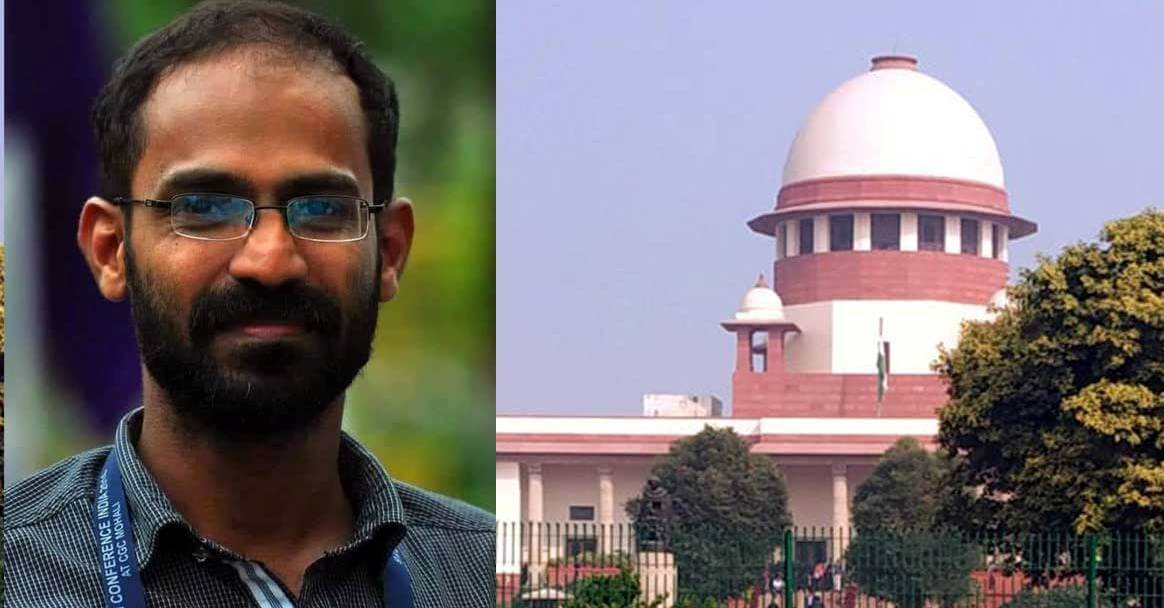The bench headed by Chief Justice of India (CJI) NV Ramana, heard the petition filed by the Kerala Union of Working Journalists (KUWJ), according to which Mr Kappan had collapsed in a bathroom at Mathura Jail.
The Supreme Court on Wednesday directed the Uttar Pradesh government to shift jailed Kerala journalist Siddique Kappan either to All India Institute of Medical Sciences (AIIMS) or to any government hospital in New Delhi for treatment. The bench headed by Chief Justice of India (CJI) NV Ramana, heard the petition filed by the Kerala Union of Working Journalists (KUWJ), according to which Mr Kappan had collapsed in a bathroom at Mathura Jail.
According to the petition, Mr Kappan had tested positive for Covid-19 and also suffered diabetes and heart ailments, for which it sought the Supreme Court's intervention in the case to shift him to AIIMS. CJI said Mr Kappan would be sent back to Mathura jail once he fully recovers from the disease.
The UP government opposed the petition of seeking treatment outside the state and said Mr Kappan has now tested negative for Covid-19. However, the medical report submitted by the state shows that Mr Kappan needs treatment as he suffered an injury.
Mr Kappan's wife had written to the CJI and raised concern over his condition in the hospital. She claimed that he was “chained like an animal to a cot of the Medical College Hospital, Mathura, without mobility." She also wrote in her petition that he could neither take food nor go to the toilet and his condition was very critical.
Eleven MPs also wrote to the CJI and sought interim relief and speedy hearing of the case while Chief Minister of Kerala Pinarayi Vijayan wrote to his UP-counterpart Yogi Adityanath for his intervention in the case. Mr Kappan was arrested on 5 October last year while he was on his way to Hathras to report about the alleged gang-rape of a Dalit woman who later died in a Delhi hospital. Mr Kappan was charged under the stringent Unlawful Activities (Prevention) Act or UAPA for alleged conspiracy to create communal tension.




The Brief. Sign up to receive the top stories you need to know right now.